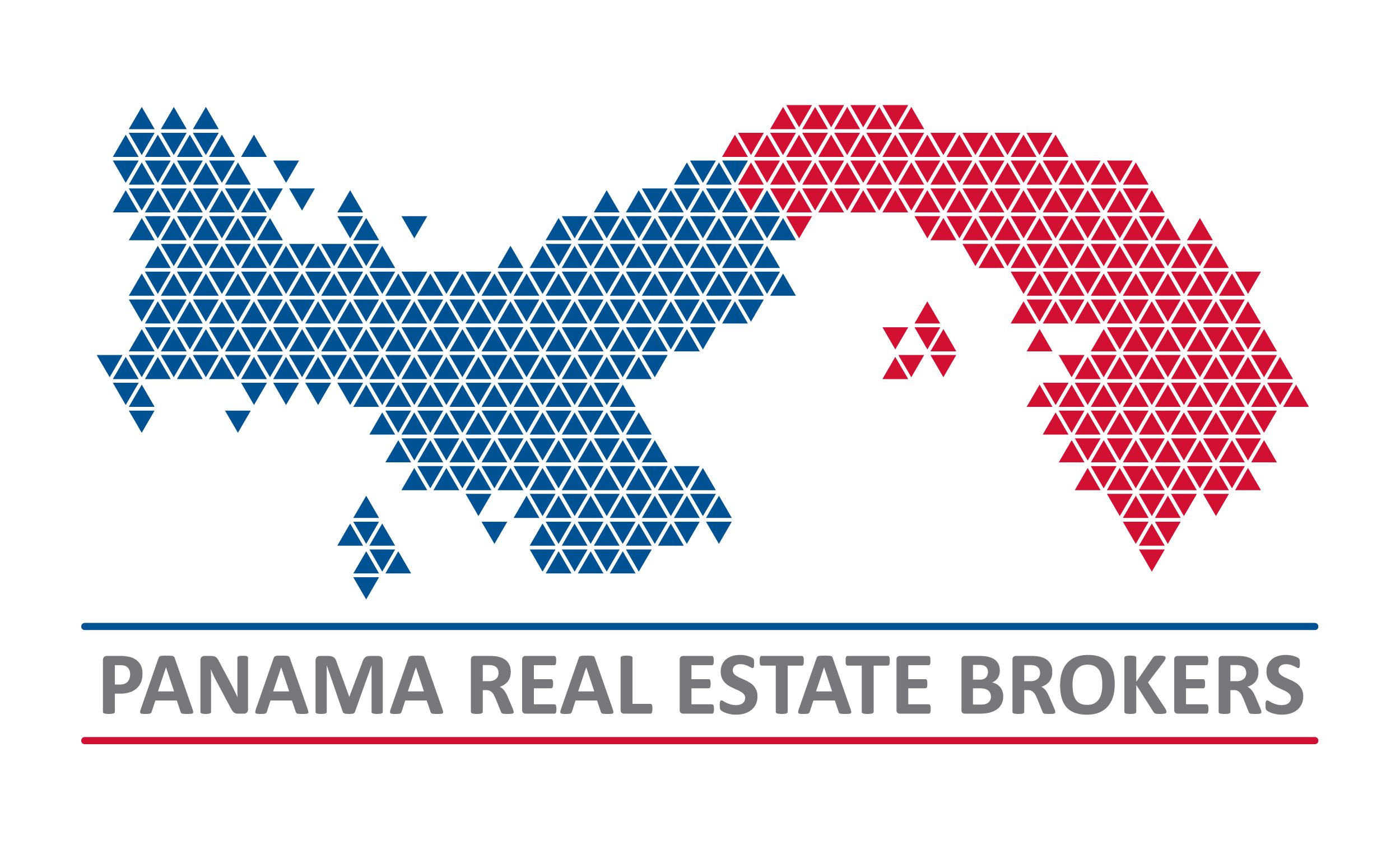Introduction
In the competitive world of real estate, learning from your competitors can provide invaluable insights and strategies to help you succeed. By observing and analyzing their tactics, you can gain a deeper understanding of the market and improve your practices. Here are ten things your competitors can teach you about the real estate industry.
1. Market Trends and Demands 📈
Observing Market Preferences 🕵️♂️
By studying your competitors, you can identify market trends and preferences. Notice which types of properties are selling quickly and which features are most in demand. This information can help you tailor your offerings to meet current market needs.
Adapting to Changes 🌐
Competitors who are quick to adapt to market changes often set the standard. Pay attention to how they respond to shifts in the market, such as changes in interest rates or new housing regulations. Adopting a flexible approach can help you stay ahead.
2. Customer Service Excellence 🌟
Providing Exceptional Service 💬
Competitors who excel in customer service can set a high bar. Analyze their strategies for keeping clients happy, such as personalized communication and timely responses. Implementing similar practices can enhance your client relationships and reputation.
Building Strong Relationships 🤝
Successful competitors often have strong relationships with their clients. Learn from their approach to client management, including follow-up practices and loyalty programs. Building lasting relationships can lead to repeat business and referrals.
3. Effective Marketing Strategies 📢
Utilizing Digital Marketing 📱
Competitors who effectively use digital marketing can teach you the power of online presence. Observe their social media campaigns, email marketing tactics, and website design. Enhancing your digital marketing efforts can attract more potential clients.
Leveraging Traditional Marketing 📰
While digital marketing is crucial, traditional marketing methods still hold value. Competitors who use print advertising, direct mail, and community events can show you how to balance both approaches. A diverse marketing strategy can reach a wider audience.
4. Efficient Processes and Systems 🛠️
Streamlining Operations ⚙️
Competitors who streamline their operations often achieve higher efficiency. Examine their use of technology, such as customer relationship management (CRM) systems and automated tools. Implementing efficient processes can save time and reduce costs.
Managing Time Effectively ⏰
Time management is key in real estate. Successful competitors prioritize tasks and manage their schedules effectively. Learn from their techniques to optimize your productivity and balance multiple responsibilities.
5. Negotiation Skills 🗣️
Mastering the Art of Negotiation 🎯
Competitors with strong negotiation skills can secure better deals for their clients. Pay attention to their negotiation tactics, such as understanding buyer motivations and finding win-win solutions. Improving your negotiation skills can lead to more successful transactions.
Building Credibility and Trust 🔒
Competitors who build credibility and trust during negotiations often achieve better outcomes. Learn from their approach to transparency and honesty. Establishing trust can strengthen your position in negotiations.
6. Staying Informed and Educated 📚
Continuous Learning 💡
Competitors who stay informed and educated about the industry are often more successful. Observe their commitment to continuous learning through attending workshops, conferences, and industry events. Staying up-to-date with market knowledge can enhance your expertise.
Sharing Knowledge with Clients 📖
Educated competitors often share their knowledge with clients, building trust and credibility. Adopt similar practices by providing clients with valuable information about the market, the buying process, and investment strategies. Educated clients are more likely to make informed decisions.
7. Building a Strong Online Presence 🌐
Creating Engaging Content 📝
Competitors with a strong online presence often create engaging content. Analyze their blogs, videos, and social media posts to see what resonates with their audience. Producing high-quality content can attract and retain potential clients.
Optimizing for Search Engines 🔍
Search engine optimization (SEO) is crucial for online visibility. Competitors who rank high on search engines can teach you effective SEO strategies. Optimize your website and content to improve your search engine rankings and drive more traffic.
8. Embracing Technology and Innovation 🚀
Adopting New Technologies 🖥️
Competitors who embrace technology and innovation often gain a competitive edge. Observe their use of virtual tours, drone photography, and mobile apps. Adopting innovative technologies can enhance your services and attract tech-savvy clients.
Streamlining Client Interactions 📲
Technology can also streamline client interactions. Competitors who use online scheduling, digital document signing, and virtual consultations can teach you how to enhance client convenience. Implementing these tools can improve the overall client experience.
9. Building a Strong Brand Identity 🏠
Establishing a Clear Brand Message 📢
Competitors with a strong brand identity often stand out in the market. Analyze their branding strategies, including logos, slogans, and messaging. Establishing a clear and consistent brand identity can differentiate you from the competition.
Leveraging Testimonials and Reviews 🌟
Positive testimonials and reviews can significantly impact your reputation. Competitors who effectively showcase client feedback can teach you the importance of social proof. Encourage satisfied clients to leave reviews and share their experiences.
10. Fostering a Positive Company Culture 🌟
Creating a Supportive Work Environment 🏢
Competitors with a positive company culture often have motivated and engaged employees. Observe their team-building activities, recognition programs, and support systems. Fostering a positive work environment can enhance employee satisfaction and performance.
Promoting Professional Development 🧠
Investing in employee professional development can lead to better service for clients. Competitors who offer training and development opportunities can teach you the value of investing in your team’s growth. A knowledgeable and skilled team can drive business success.
Conclusion
Learning from your competitors in the real estate industry can provide valuable insights and strategies for success. By observing their practices and adapting their effective tactics, you can improve your own business development, marketing, and client management efforts. Embrace the lessons your competitors offer, and you’ll be well on your way to achieving long-term success in the real estate market.



